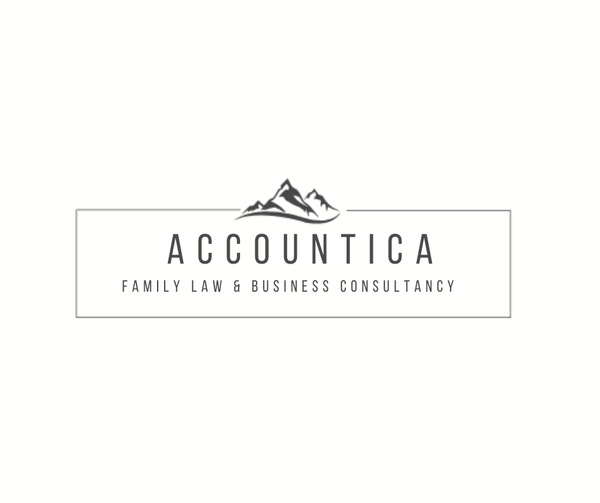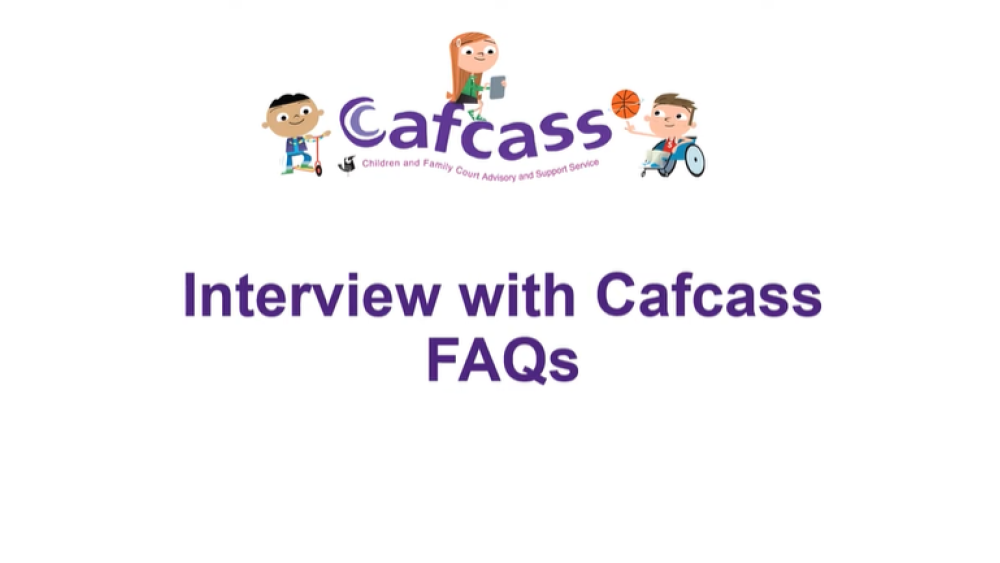In practical terms, when the Family Court receives any application under the Children Act proceedings, CAFCASS is always engaged.
Subsequently, CAFCASS assigns a dedicated officer to the family. This officer, known as a Cafcass officer, is a specialised Social Worker who interacts with the family throughout the legal proceedings.
Initially, a Cafcass Officer endeavors to uncover any risks to the child's or any parent's safety, commonly referred to as safeguarding issues. These issues encompass potential harm to the child, instances of alcoholism or substance misuse within the family, historical or ongoing domestic violence, abduction concerns, and past involvement with the police or local authorities. This list is not exhaustive.
How does CAFCASS gather information? To conduct their safeguarding checks, a Cafcass officer accesses a comprehensive database to retrieve information such as police records, medical records from general practitioners, educational records from schools, and data from the Local Authority database.
During these safeguarding checks, a Cafcass Officer communicates with both the parent initiating the application, known as the Applicant, and the other parent, referred to as the Respondent. Upon completion of the safeguarding checks, the Cafcass Officer notifies the Family Court and the parents (if applicable) via a letter, confirming whether future involvement with the family is warranted. In most instances, these checks reveal no concerns, and the case proceeds in court without further involvement from a Cafcass officer.
However, in certain cases, the safeguarding checks reveal a necessity for additional intervention by CAFCASS. This could involve ensuring the parents engage in activities to aid them during their separation, such as attending the Separated Parents Information Programme or a Parenting Course.
In many scenarios, CAFCASS will undertake direct work with the family and compile a child welfare report, commonly known as a Section 7 Report by CAFCASS.
What does a Section 7 Report by CAFCASS entail?
In preparing a Section 7 Report, CAFCASS dispatches an officer to meet with the parents, and where appropriate, any children of the family, either jointly with their parents or privately. The Cafcass Section 7 Report delves into various relevant issues, including but not limited to:
- Residence arrangements for the child.
- Visitation arrangements with the non-resident parent, if applicable, including frequency and duration.
- The child's wishes and feelings, taking into account their age and understanding.
- Assessment of home conditions and the suitability of accommodation.
- Evaluation of whether the child's physical, emotional, and educational needs are being met.
- Identification of any current or potential harm to the child.
- Examination of specific concerns raised in the case.
- Assessment of parenting capacity, considering any allegations or findings made.
- Analysis of the potential impact on the child of proposed changes in circumstances.
The Cafcass Officer then submits their Report to the Family Court and shares it with the parents. The Report concludes with recommendations concerning current and future arrangements for the child.
What is the significance of this report?
A Section 7 Cafcass Report holds considerable weight in court cases involving children, serving as the primary insight into the best interests of the children. Consequently, the Court regards the recommendations seriously and generally seeks to adhere to them unless there are compelling reasons or procedural considerations to deviate from them.
When does CAFCASS recommend no contact?
Typically, CAFCASS recommends no contact when there is evidence of domestic violence and abuse within the family. In such cases, the Section 7 Report by CAFCASS often advocates for no contact between the abusive parent and the child, prioritising the child's safeguarding.
Do need advice on about you and your child? Get in touch with us today.

